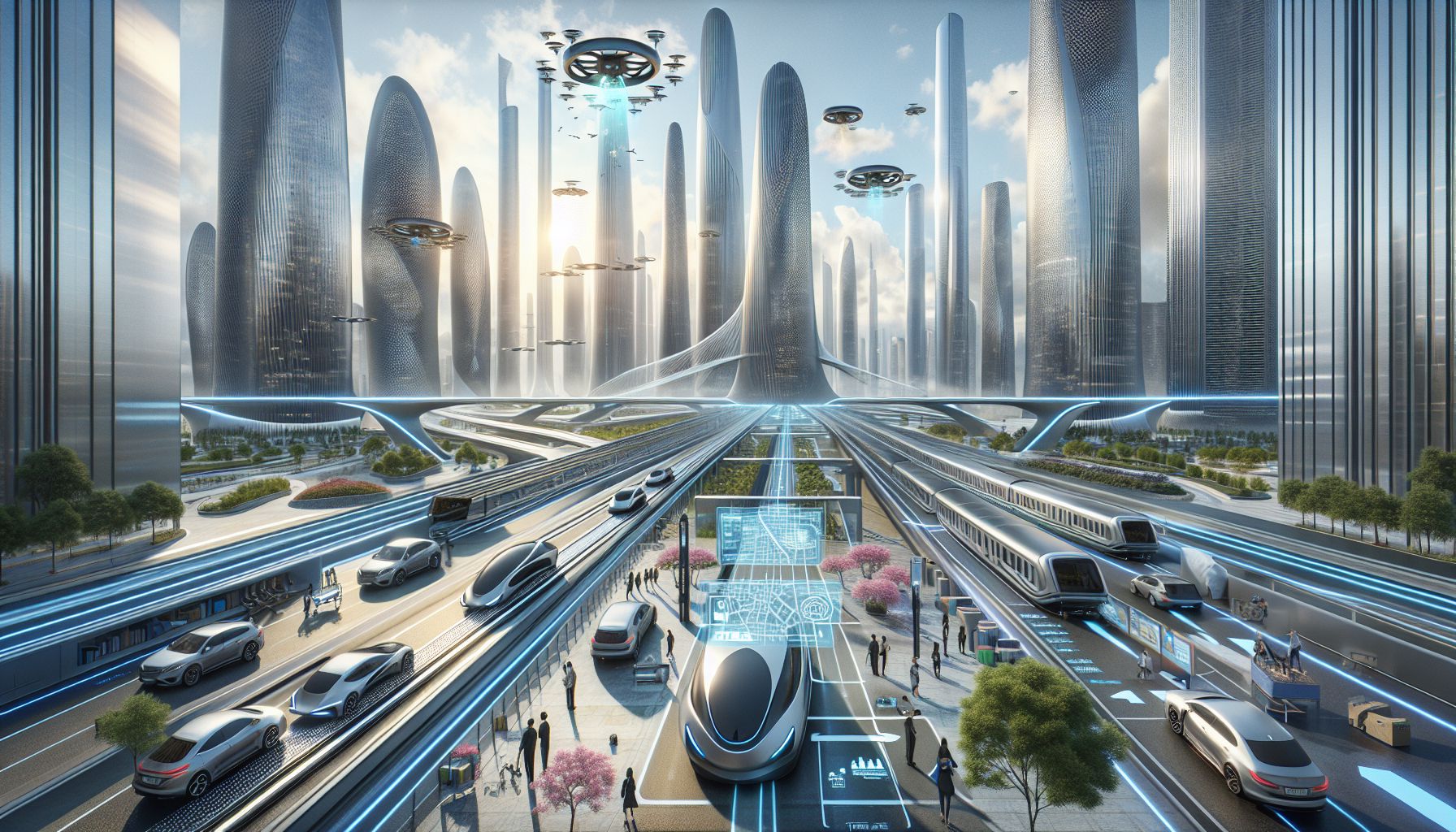Few experiences rival discovering something new, from the serene beauty of a hidden mountain path to the bustling energy of an unknown city. And while storytellers and explorers have been seeking out and chronicling these new experiences for centuries, the means by which we find and share these journeys have undergone a revolutionary transformation. Welcome to the exciting crossroads where technology meshes with travel – seeping through hidden trails, echoing in the Phillips Arena, and transforming the very semblance of global exploration. Strap in as we journey through this enthralling technological landscape.
 Technology’s pervasive infiltration into our daily lives doesn’t stop at our doorstep. It has become a powerful and indispensable companion on our travels, offering potential for more enriching, seamless, and personalized journeys. Immersive technology such as virtual reality (VR) is no longer restricted to gaming or entertainment. It has paved its way into transforming travel experiences, giving a tantalizing taste of remote locations from the comfort of our homes, blurring the boundaries between virtual and physical explorations.
Technology’s pervasive infiltration into our daily lives doesn’t stop at our doorstep. It has become a powerful and indispensable companion on our travels, offering potential for more enriching, seamless, and personalized journeys. Immersive technology such as virtual reality (VR) is no longer restricted to gaming or entertainment. It has paved its way into transforming travel experiences, giving a tantalizing taste of remote locations from the comfort of our homes, blurring the boundaries between virtual and physical explorations.
Similarly, the marriage of technology and travel doesn’t just stop at VR experiences, it extends to encompass portable translation devices installed within our smartphones, replacing bulky translation books or guides, making cross-cultural dialogues a walk in the park. From Google’s voice-activated personal assistant helping you find a local pizzeria in Italy, to mobile apps like Hopper predicting future flight prices using big data, these technological advances are revolutionizing the travel experience.
Augmented reality (AR) is another way tech impacts travel. Imagine walking through the ruins of an ancient city while receiving real-time information about the historical significance of the site. This exciting amalgamation of the physical and virtual worlds is becoming an increasingly significant component of travel, fostering the embrace of cultural history marinated with educational insights.
Not to forget, technology has also borne platforms that have reshaped lodging and accommodation. The birth of firms like Airbnb signifies the evolution of tourism in the digital age, enabling vulnerable spaces to transform into potential income-generating resources. Explicitly designed online platforms and apps have indeed rewritten the rules of supply and demand in the accommodation industry, introducing a new degree of fluidity in travel.
The convergence of travel and technology is a testament to our era of continuous digital transformation. An ever-growing menu of tech-fueled experiences awaits the modern-day traveler, making voyages a lot more stress-free, insightful, and enriching.
As ever, technological advancements continue to push boundaries, genuinely fulfilling their promise of making the world a smaller place to live. As we look toward the future of travel, we see possibilities both real and virtual. What will exploration look like in the post-digital age? Only time will tell. But no matter how much technology transforms travel, the allure of the unknown stays constant. After all, isn’t that the essence of travel? To chart a course through the unexplored and return with a wider worldview and softer heart.
From virtual reality experiences to augmented reality tours, from data-inspired travel platforms to digital nomad culture, technology’s impact on travel is unprecedented and profound. So, next time you prepare for a trip, keep in mind: your greatest journey might just be a technological hop, skip, and a jump away.


